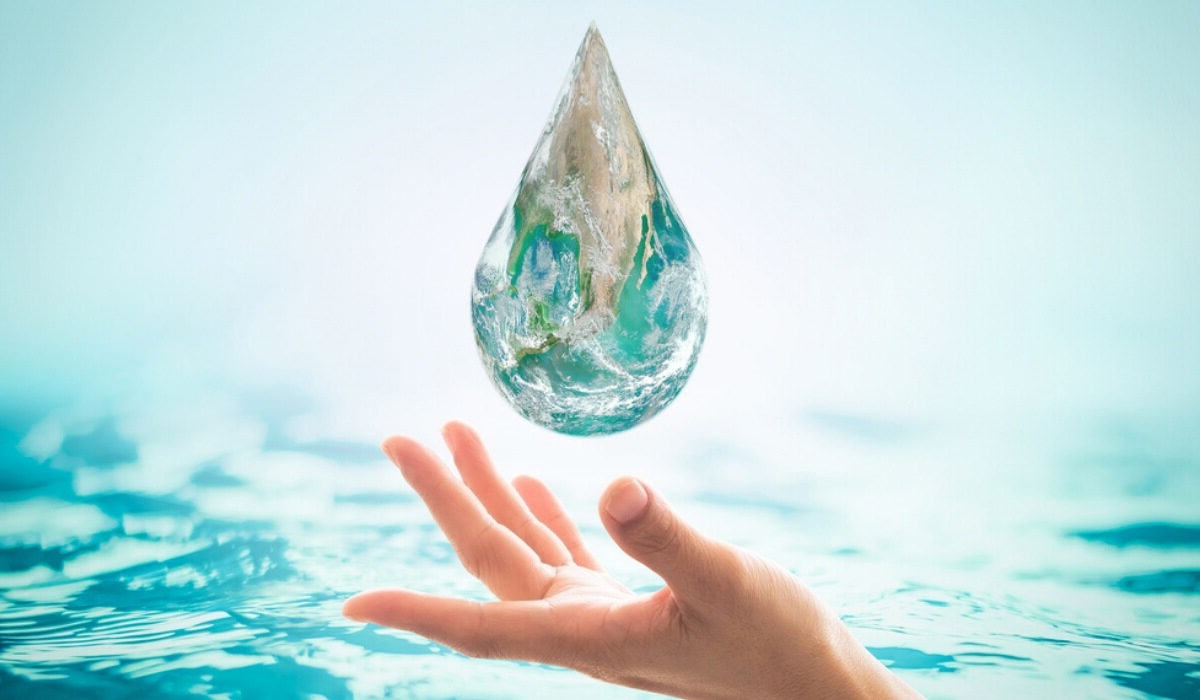
Why is water conservation important? Water is life. Every drop counts, especially with growing populations and climate changes. Conserving water helps ensure there's enough for everyone, including plants and animals. It also saves energy. Treating and pumping water uses lots of power. By using less, we reduce energy demand, cutting down on pollution. Plus, saving water means saving money. Lower water bills mean more cash for other needs. Conserving water also protects our environment. Less water use reduces the need to build new dams or water treatment plants, which can harm natural habitats. In short, water conservation is crucial for sustainability, cost savings, and environmental protection. Let's learn how to make a difference with simple actions every day.
Why Water Conservation Matters
Water is essential for life, yet many people take it for granted. Conserving water helps protect our environment, saves energy, and ensures future generations have access to this vital resource. Here are some fascinating facts about water conservation that highlight its importance.
-
Freshwater Scarcity: Only about 2.5% of Earth's water is freshwater, and less than 1% is easily accessible for human use. This makes conservation crucial.
-
Daily Usage: The average person in the U.S. uses about 80-100 gallons of water per day. Simple conservation efforts can significantly reduce this number.
-
Agricultural Impact: Agriculture accounts for approximately 70% of global freshwater use. Efficient irrigation techniques can save vast amounts of water.
-
Energy Connection: Producing and transporting water requires energy. Saving water also conserves energy, reducing carbon footprints.
-
Population Growth: As the global population increases, so does the demand for water. Conservation helps manage this growing need.
Simple Ways to Conserve Water
Conserving water doesn't have to be complicated. Small changes in daily habits can make a big difference. Here are some easy ways to save water.
-
Shorter Showers: Reducing shower time by just a few minutes can save gallons of water each day.
-
Fix Leaks: A dripping faucet can waste over 3,000 gallons a year. Fixing leaks is a simple way to conserve water.
-
Efficient Appliances: Using water-efficient appliances like dishwashers and washing machines can cut water use by up to 50%.
-
Mindful Landscaping: Choosing native plants and using mulch can reduce the need for watering gardens and lawns.
-
Turn Off the Tap: Turning off the tap while brushing teeth or washing hands can save up to 8 gallons of water a day.
Innovative Water Conservation Technologies
Technology plays a significant role in water conservation. Innovations are helping us use water more efficiently and sustainably.
-
Smart Irrigation: These systems use weather data and soil sensors to water plants only when necessary, saving water.
-
Greywater Systems: These systems recycle water from sinks and showers for use in toilets or gardens, reducing overall water consumption.
-
Water-Saving Toilets: Modern toilets use as little as 1.28 gallons per flush, compared to older models that use up to 7 gallons.
-
Rainwater Harvesting: Collecting rainwater for use in gardens or flushing toilets can significantly reduce water bills.
-
Desalination: This technology turns seawater into freshwater, providing an alternative water source in arid regions.
Global Efforts in Water Conservation
Countries around the world are implementing strategies to conserve water and ensure sustainable use.
-
Australia's Water Restrictions: During droughts, Australia enforces strict water restrictions, which have successfully reduced consumption.
-
Singapore's Water Management: Singapore uses a combination of desalination, water recycling, and efficient infrastructure to manage its limited water resources.
-
Israel's Drip Irrigation: Israel pioneered drip irrigation technology, which has become a global standard for efficient water use in agriculture.
-
India's Rainwater Harvesting: In many Indian cities, rainwater harvesting is mandatory for new buildings, helping to recharge groundwater.
-
South Africa's Water-Saving Campaigns: Public awareness campaigns in South Africa encourage citizens to conserve water during times of scarcity.
The Future of Water Conservation
As technology advances and awareness grows, the future of water conservation looks promising. Here are some trends to watch.
-
AI and Water Management: Artificial intelligence is being used to predict water needs and optimize usage in agriculture and urban planning.
-
Water Footprint Awareness: More people are becoming aware of their water footprint, leading to more conscious consumption choices.
Water Conservation: A Shared Responsibility
Water conservation isn't just a buzzword; it's a necessity. Every drop saved today ensures a better tomorrow. Simple actions like fixing leaks, using efficient appliances, and being mindful of water usage can make a big difference. Remember, freshwater is a limited resource, and our daily choices impact its availability.
Communities worldwide are feeling the effects of water scarcity, and it's up to each of us to contribute to solutions. By understanding the importance of conserving water, we can inspire others to join the cause. Schools, businesses, and households can all play a part in reducing water waste.
Let's commit to making small changes that lead to significant impacts. Together, we can ensure that future generations have access to the clean water they need. It's not just about saving water; it's about securing a sustainable future for everyone.
Was this page helpful?
Our commitment to delivering trustworthy and engaging content is at the heart of what we do. Each fact on our site is contributed by real users like you, bringing a wealth of diverse insights and information. To ensure the highest standards of accuracy and reliability, our dedicated editors meticulously review each submission. This process guarantees that the facts we share are not only fascinating but also credible. Trust in our commitment to quality and authenticity as you explore and learn with us.


